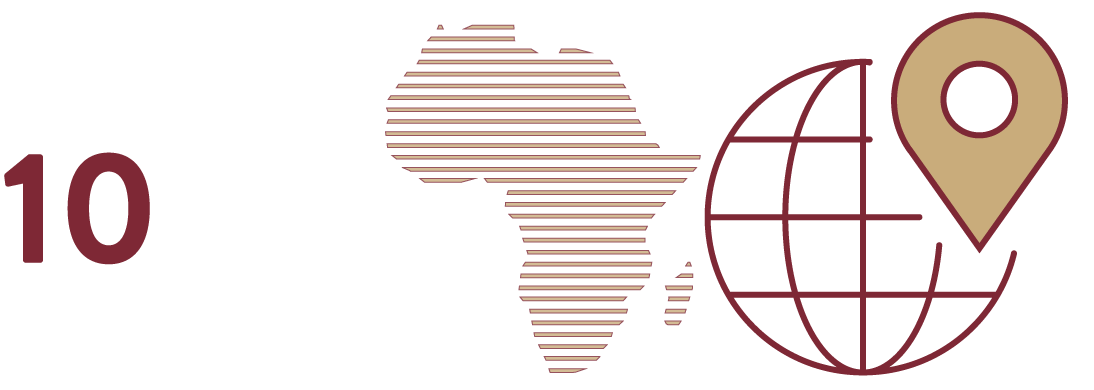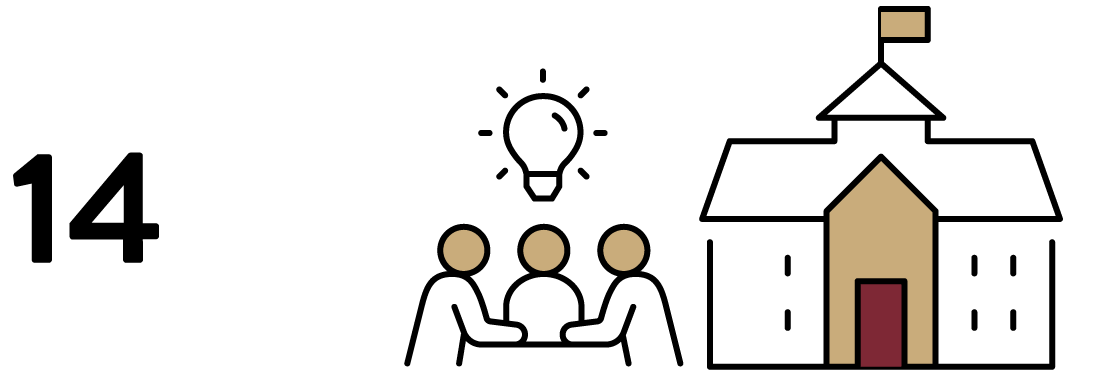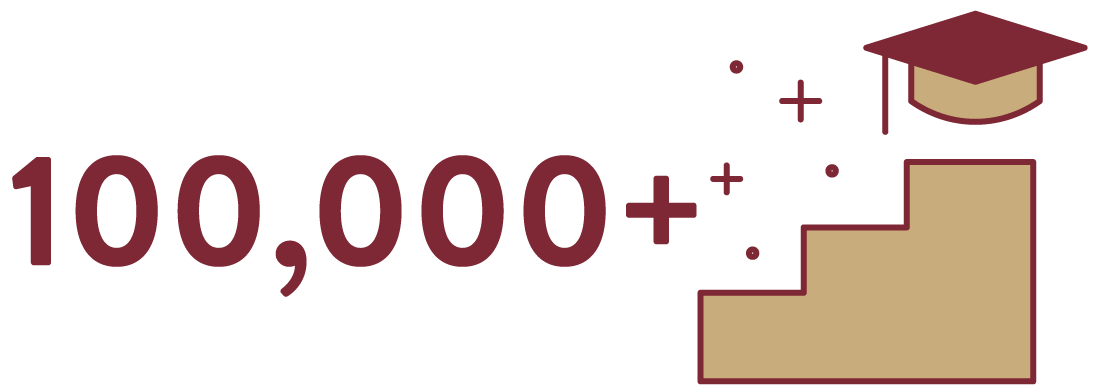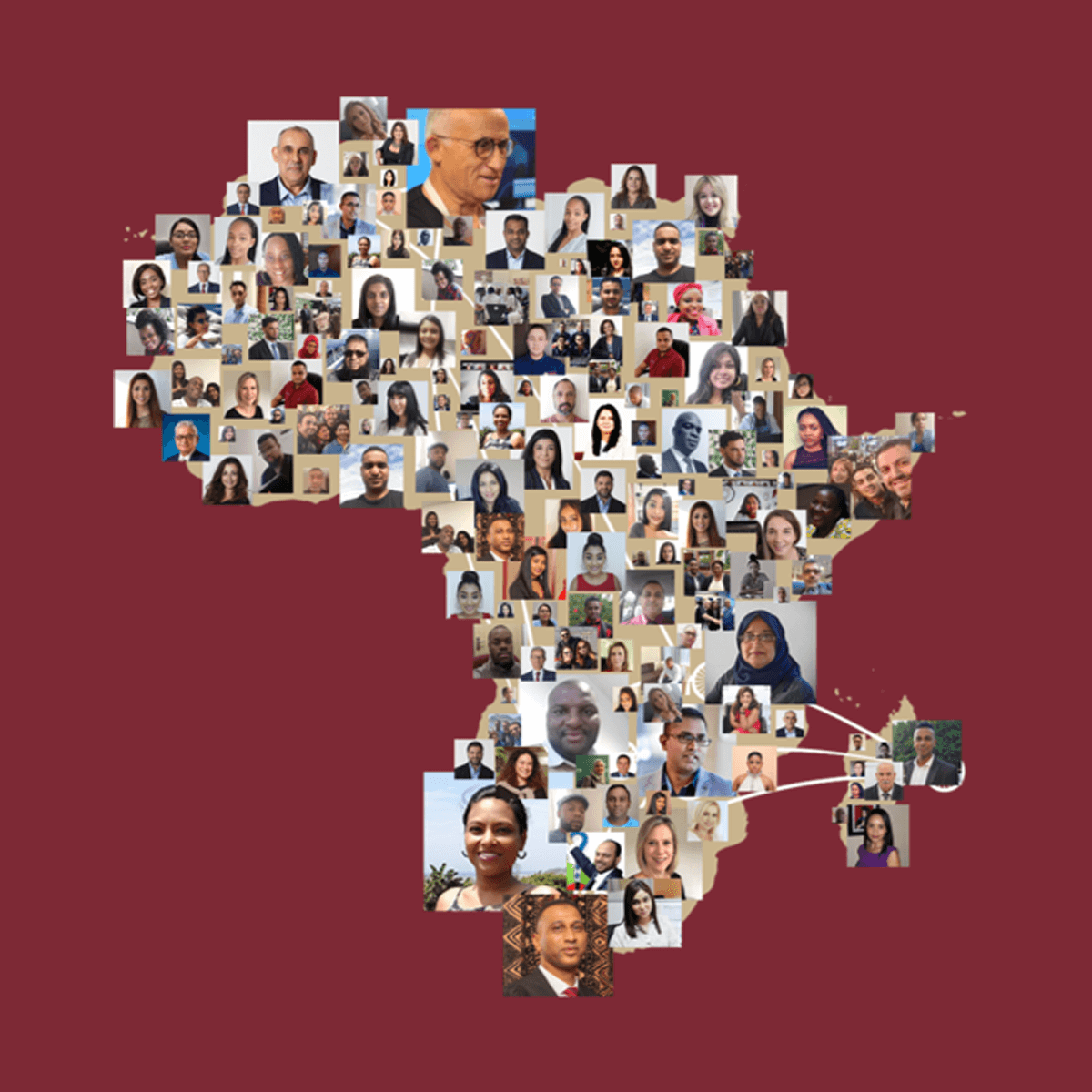Top companies aim to create diverse work environments, the purpose of which is to enhance the quality and flow of ideas and collaboration on projects as well as increase accessibility to innovative technologies that are being developed across the continent.
The best employers want to hire people from one end of the continent to the other. This necessitates accessible and high-quality education for all communities, so that the next generation of African leaders and professionals are able to make an impact regionally, in a globalized world.
How does Honoris create bridges between its institutions on the continent as well as with its academic staff, management, and students?
HONORIS RESPONSE
Honoris United Universities is the largest tertiary education network in Africa and is committed to Education for Impact for all its students. The Honoris network constitutes 14 multidisciplinary universities that are spread across 10 countries in Africa, which currently accommodate over 61,000 students, and have a network of over 100,000 Alumni. >>read more

Students

Countries across Africa

Leading institutions

Alumni
GROWING THE NETWORK
Student success will always be top priority for the Honoris network and it is for this reason that Honoris seeks to expand and increase its partnerships and collaborations. However, growing the network is not only about forging new partnerships and gaining new member institutions.
It is about mobilising the existing partnerships to encourage the development and expansion of the institutions currently within the network.
Honoris commends the efforts that member institutions make in building capacity across the network. The following section provides examples of how this is accomplished by a few of Honoris’ member institutions.

BUILDING CAPACITY ACROSS THE NETWORK
By putting innovation and employment at the forefront of its priorities, Honoris has closely followed the African job creation trends which are evident in the figure below.

Students entrust their personal development to the Honoris institutions. This is the fuel that feeds Honoris’ dedication to providing high quality education that will advance their students’ lives. As such, the network is building up a substantial number of partnerships, degree offerings, new programs, and focused strategic verticals.
The latter encompasses STEM, Health, Business and the most-demanded skills of the 21st Century job market. It also includes Building Technologies and multi-language programs (e.g. French, English and German for international employability).
A total of 38 new programs were developed in 2021 across the network - newly accredited or in the final stage of accreditation to build the pipeline for future growth.


